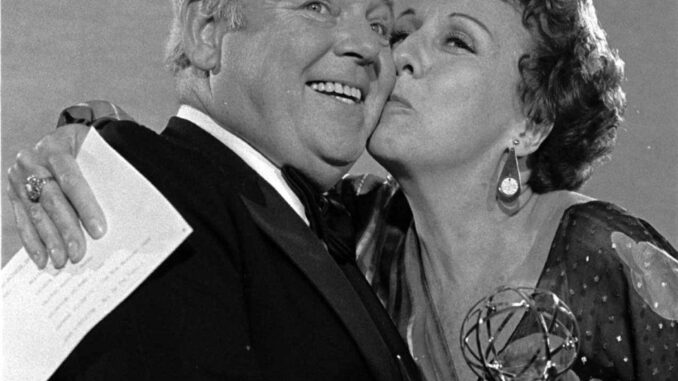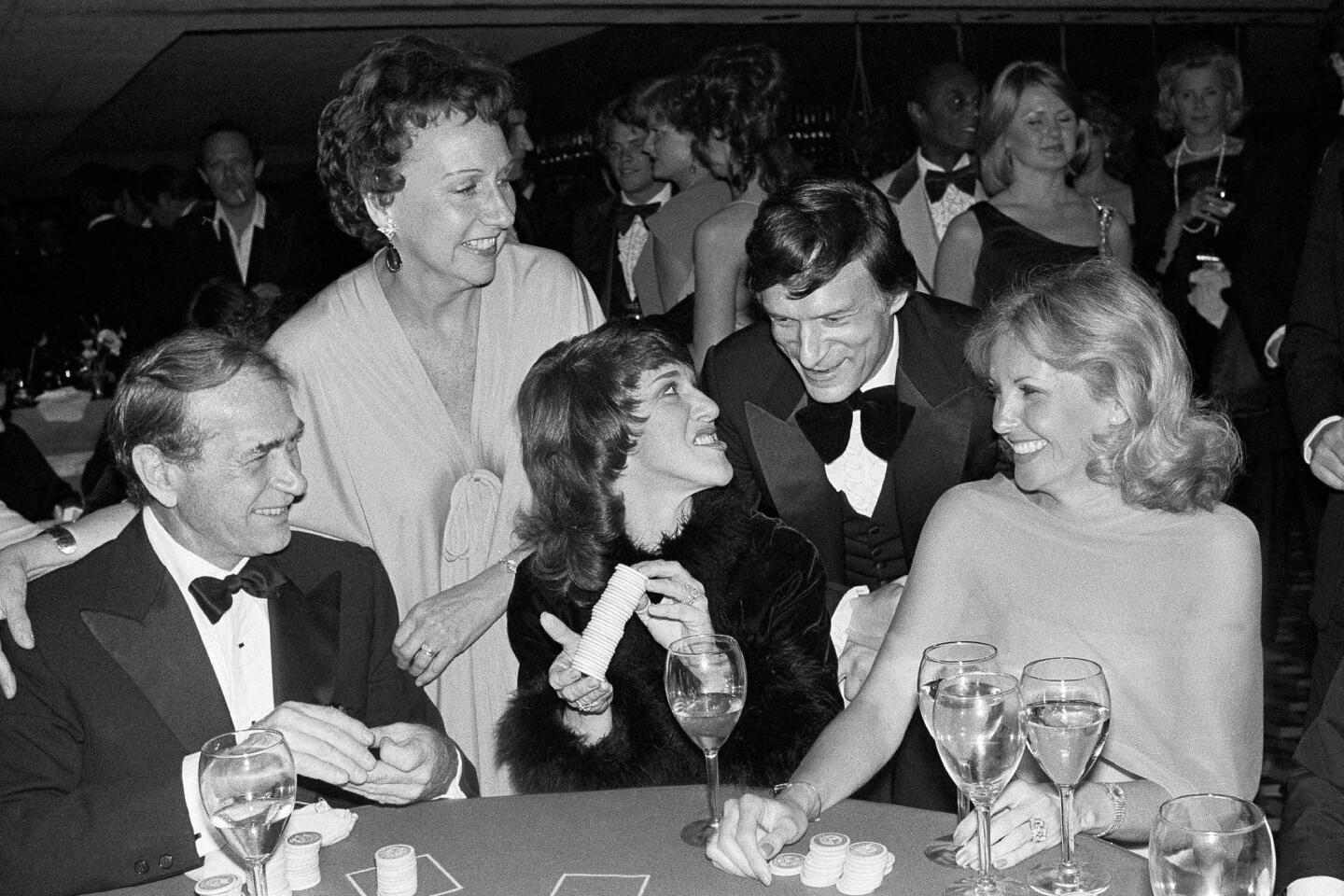
“All in the Family,” which aired from 1971 to 1979, revolutionized television with its bold exploration of social issues through the lens of comedy. Central to its success was Archie Bunker, portrayed by Carroll O’Connor, a character whose complexities continue to resonate with audiences today. Here’s a closer look at how Archie Bunker remains relevant in our contemporary society.
1. The Relatable Everyman
Archie Bunker is the quintessential American everyman. A working-class father, he embodies the struggles, fears, and prejudices of many individuals in society. His experiences and viewpoints reflect the challenges faced by those who feel left behind by rapid social changes.
2. Humor as a Reflection of Society
Archie’s often politically incorrect humor serves as a mirror to societal attitudes. While many of his views are outdated and offensive by today’s standards, they spark important conversations about prejudice, class, and the changing dynamics of American life. The show’s ability to blend humor with serious topics allows viewers to engage with difficult issues in a more approachable way.
3. Confrontation of Prejudice
One of the most significant aspects of Archie’s character is his blatant racism and sexism, which are used to critique broader societal norms. His interactions with characters like his son-in-law, Mike, and his neighbor, George Jefferson, showcase the generational clash over issues of race and equality. These confrontations remain relevant as discussions about systemic racism and social justice continue to evolve.
4. The Complexity of Archie Bunker
Despite his flaws, Archie is a deeply human character. His vulnerabilities—his insecurities about work, family, and identity—make him relatable. Audiences can see parts of themselves in his struggles, which creates a connection that transcends time. This complexity invites empathy, encouraging viewers to look beyond the surface of his prejudiced remarks.
5. The Family Dynamic
The Bunker family itself represents a microcosm of society. The conflicts between Archie, Edith, Mike, and Gloria reflect the shifting cultural landscape of America. This family dynamic is still seen today, as many households navigate generational differences and evolving societal norms.
6. Relevance in Modern Media
Archie Bunker’s legacy lives on through modern adaptations and discussions about character representation in media. The recent revivals, such as “Live in Front of a Studio Audience,” demonstrate that audiences are still intrigued by Archie’s character and the conversations he evokes. This ongoing interest speaks to the character’s enduring impact.
7. Bridging Generational Gaps
Archie’s character helps bridge generational gaps by prompting discussions among family members about outdated beliefs and values. His portrayal encourages younger generations to challenge prejudiced views and understand the historical context behind them, fostering meaningful dialogue.
Conclusion
Archie Bunker may have been a product of his time, but his character transcends the confines of the 1970s. By confronting prejudice with humor and vulnerability, “All in the Family” remains a powerful commentary on the human experience. As society continues to grapple with issues of race, class, and identity, Archie’s legacy endures, reminding us of the importance of dialogue and understanding in the face of division.
FAQs
- What was the main theme of “All in the Family”? The show tackled various social issues, including racism, gender roles, and economic struggles, often using humor to address these topics.
- How did Archie Bunker’s character change throughout the series? Throughout the series, Archie experiences moments of growth and self-reflection, though he often returns to his old ways, highlighting the struggle between old and new societal values.
- Why is Archie Bunker considered a controversial character? Archie’s blatant racism and sexism are reflective of the prejudiced attitudes of his time, making him a controversial figure while also serving as a critique of those views.
- What impact did “All in the Family” have on television? The show set a precedent for tackling serious social issues through comedy, paving the way for future sitcoms to explore similar themes.
- How can contemporary audiences engage with Archie Bunker’s character? Modern viewers can analyze Archie’s character as a starting point for discussions about prejudice and societal change, recognizing the importance of context in understanding his behavior.

